Nigeria formed the Economic and Financial Crimes Commission (EFCC) to help ensure openness, responsibility, and stable economic practices in the country.
This article explains the background of the EFCC, including its origin, who started it, and its efforts to tackle financial crimes in Nigeria.
READ ALSO: List Of All Departments In EFCC In Nigeria
When Was The EFCC Established In Nigeria?
The EFCC officially came into existence on April 13, 2003.
This organization in Nigeria was formed to tackle issues like fraud, money laundering, and other financial crimes.
Its creation was influenced in part by global pressure, especially from the Financial Action Task Force, which had identified Nigeria as one of 23 countries not fully cooperating in the fight against money laundering.
The EFCC functions under the control of the Nigerian government, with its main office located in Abuja.
Who Founded The Economic And Financial Crimes Commission (EFCC)?
The Nigerian government set up the EFCC through a law passed by the National Assembly on December 12, 2002.
It was formed during President Olusegun Obasanjo’s tenure to deal with crimes involving money and the economy. The EFCC officially started work on April 13, 2003, with Mallam Nuhu Ribadu serving as its first Executive Chairman.
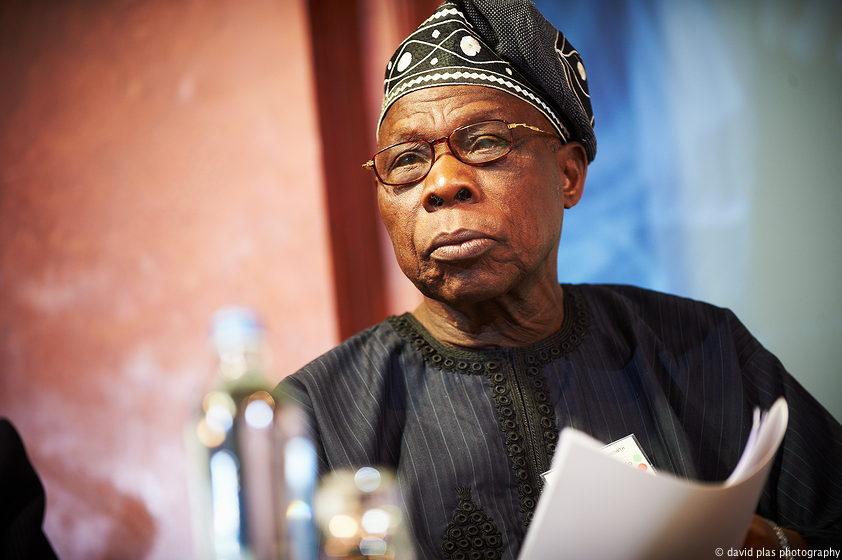
History Of The Economic And Financial Crimes Commission (EFCC)
The EFCC is a Nigerian agency focused on fighting crimes like money laundering and fraud involving financial transactions.
Its history reflects Nigeria’s ongoing fight against corruption and international demands for cleaner financial practices.
Although the EFCC was launched in 2003, it was based on the Economic and Financial Crimes Commission (Establishment) Act passed in 2002 by the Nigerian government.
The commission was created partly because the Financial Action Task Force (FATF) had identified Nigeria as one of the countries not doing enough to stop money laundering.
The EFCC aimed to improve Nigeria’s global image and reduce corruption. Mallam Nuhu Ribadu, the first chairman, played a big role in getting the agency off the ground.
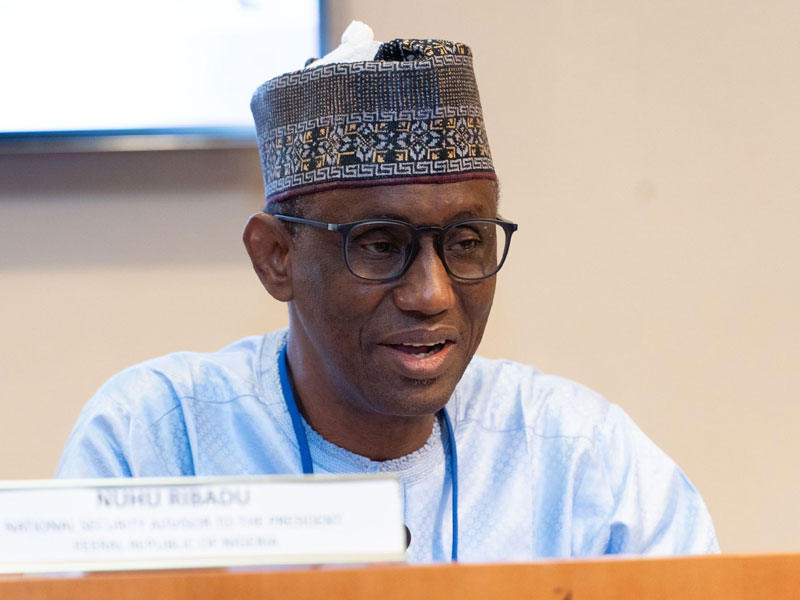
During his leadership, the EFCC became known for taking strong action against corruption, investigating major cases, and successfully taking powerful people like ex-governors and bank officials to court.
In 2005, the EFCC gained national attention after arresting Diepreye Alamieyeseigha, the former governor of Bayelsa State, for allegedly laundering money.
By September 2006, the EFCC was investigating corruption cases involving 31 out of Nigeria’s 36 state governors. Then in December 2007, after thorough investigations, the Nigerian government cleared the Vaswani brothers of any wrongdoing.
This ruling allowed them to return to Nigeria, though it drew a lot of media attention. In April 2008, the EFCC started investigating Senator Iyabo Obasanjo-Bello, daughter of ex-President Olusegun Obasanjo.
She was accused of receiving stolen money from the Ministry of Health. A major leadership change came on June 6, 2008, when Chief Farida Mzamber Waziri took over as EFCC chairperson.
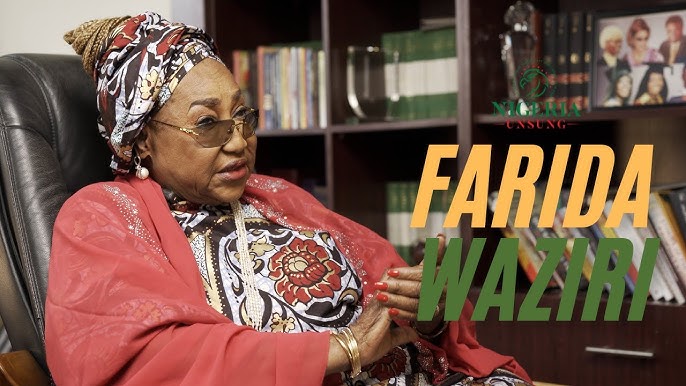
She replaced Ribadu, who was removed from his role as Assistant Inspector General of Police. While Waziri led the EFCC, the agency kept fighting corruption but ran into new difficulties.
One major event during her time was the killing of Abdullahi Muazu, who led the EFCC’s Forensic Unit, on September 14, 2010.
This shocking event raised alarms about the risks faced by those working in anti-corruption roles. Later, on November 23, 2011, President Goodluck Jonathan removed Waziri and appointed Ibrahim Lamorde as the acting chairman.
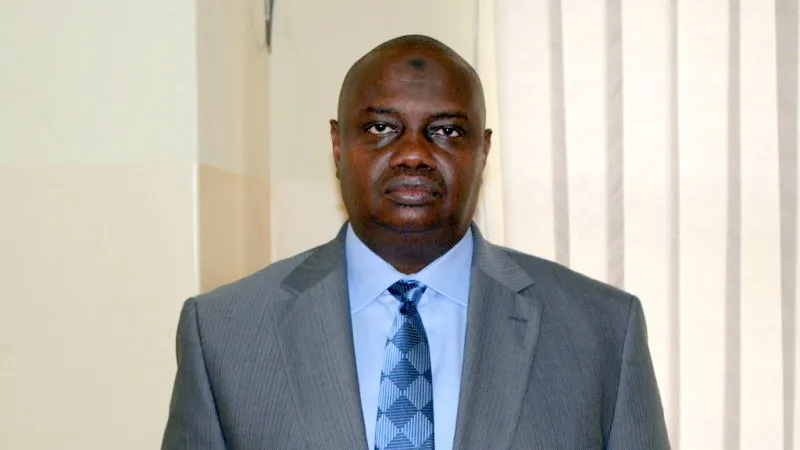
Lamorde’s appointment was officially confirmed by the Nigerian Senate on February 15, 2012. However, his time in office involved continued investigations and also controversies about his conduct.
Another leadership change happened when President Muhammadu Buhari dismissed Lamorde on November 9, 2015, and named Ibrahim Magu as the new chairman.
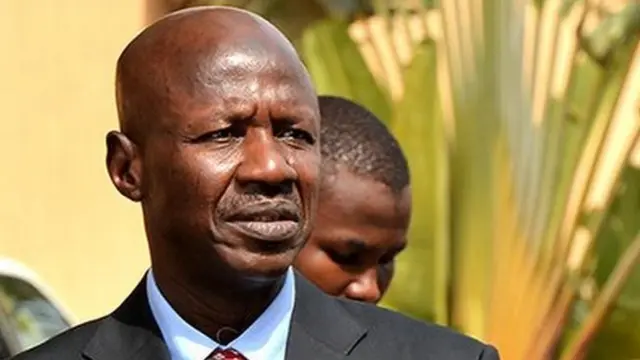
Magu was known for his bold efforts against corruption, but his leadership was troubled by controversies. The Senate refused to confirm him twice due to unfavorable security reports.
On July 6, 2020, Magu was arrested over corruption allegations and was suspended shortly after. Mohammed Umar Abba served as acting chairman until February 16, 2021, when Abdulrasheed Bawa was appointed as the new EFCC chairman.
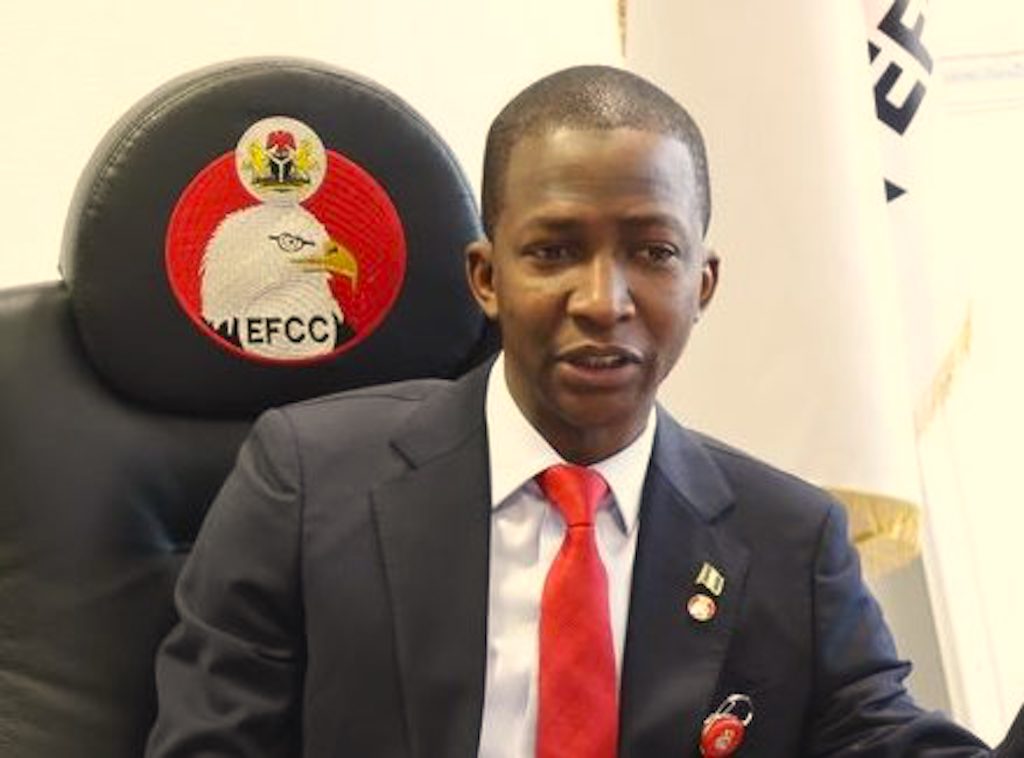
Bawa’s leadership brought new hopes for a stronger fight against financial crimes.
However, he was criticized for not making enough impact in the fight against corruption. Most recently, on October 12, 2023, President Bola Tinubu appointed Ola Olukoyede as the new EFCC chairman.
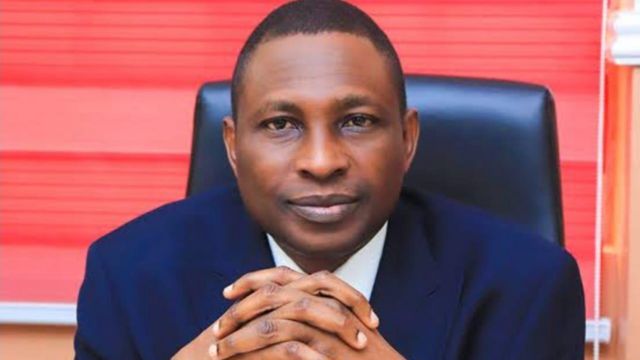
READ ALSO: EFCC Meaning and Key Functions Explained Clearly
List Of All EFCC Chairmen In Nigeria From 2003 Till Date
| Name | Tenure |
|---|---|
| Mallam Nuhu Ribadu | 2003-2007 |
| Mrs. Farida Waziri | 2008-2011 |
| Ibrahim Lamorde | 2012-2015 |
| Abdul Rasheed Bawa | 2021-2023 |
| Olanipekun Olukoyede | 2023 – Date |
What Are The Key Functions And Responsibilities Of The EFCC?
Here are the main tasks the EFCC is responsible for:
1. Investigation Of Financial Crimes:
The EFCC’s primary responsibility is to investigate financial crimes, including offenses like money laundering, advance fee fraud (often referred to as “419 scams”), and cybercrime.
When suspicious activities are reported, the EFCC steps in to gather evidence, interview suspects, and trace financial transactions to get to the truth.
2. Prosecution Of Offenders:
After completing investigations, the EFCC prosecutes offenders in court. It works with legal experts to prepare strong cases, ensuring that justice is served.
This role helps demonstrate that no one is above the law, including politicians, business leaders, and other high-profile figures.
3. Asset Recovery:
Recovering stolen assets is another major responsibility of the EFCC. When criminals obtain wealth through illegal means, the EFCC acts to return those assets to the rightful owners or the government. This can involve freezing bank accounts, seizing properties, or reclaiming stolen funds.
4. Public Education And Awareness:
The EFCC runs public education campaigns to raise awareness about financial crimes and teach people how to avoid falling victim to scams.
By encouraging the public to report suspicious activities and stay informed, the EFCC helps prevent financial crimes from happening in the first place.
5. Collaboration With Other Agencies:
The EFCC works closely with both local and international agencies to enhance its ability to combat financial crimes. Through these collaborations, the EFCC can handle complex cases, especially those that involve criminal activities across borders.
